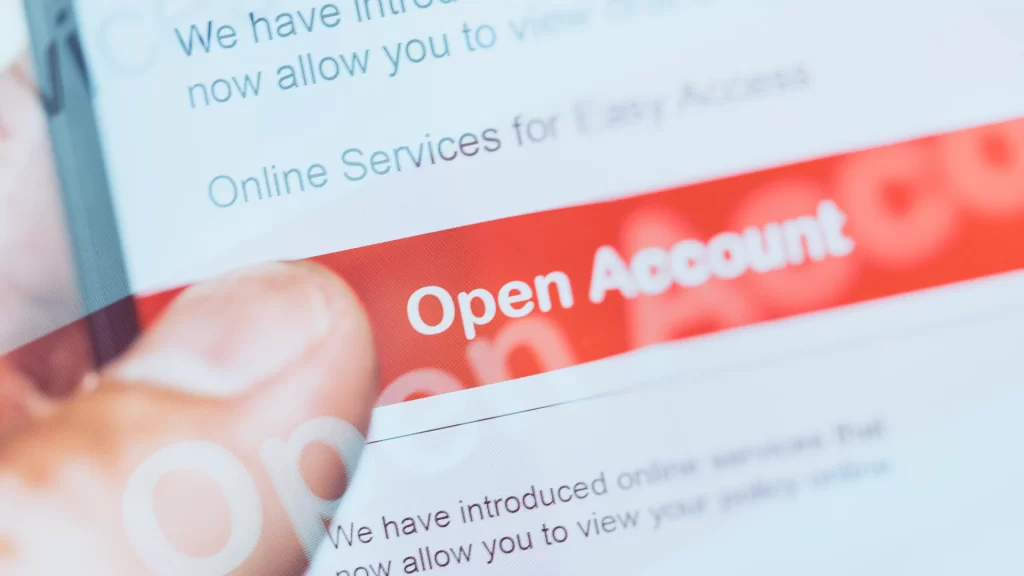How to Open a Bank Account Abroad for Your Family After Relocating

One of the first steps to settle in your new home is opening a bank account for your family. A local bank account makes it easier to manage your finances, pay bills, and receive payments. Here’s a step-by-step guide to help you navigate the process.
1. Research Banking Options
Research banks in your new country. The good banks have private services for families. Some banks may also offer an account that has multi-currency accounts or accounts that serve international clients. Check out online reviews about the bank’s customer support options and fees required to keep the account.
2. Know the Requirements
Countries have different requirements for opening a bank account. Common documents you may need include:
Passport: A valid passport is usually mandatory.
Visa/Residence Permit: Proof that you are legally allowed to stay in the country.
Proof of Address: This could be a utility bill, lease agreement, or a letter from your employer.
Proof of Employment or Income: Some banks require evidence of your financial status, such as a job contract or pay slips.
Tax Identification Number (TIN): Depending on the country, you may need to provide your TIN or similar tax-related documentation.
So, try to collect them beforehand, so you will not get bothered while you use it.
3. Choose the Right Type of Account
Choose the account that will fit the needs of your family. Some examples include the following:
Savings Account: Appropriate for keeping and collecting your funds.
Checking Account: Most useful during daily transactions such as bill payments or shopping.
Joint Account: Can be used by a family to co-manage their expenses. Some banks also open children’s account schemes, which can initiate your kids to saving and managing their finances from an early age.
4. Visit the Bank in Person
Some banks allow appointment-based online account set up, a visit to an actual branch is usually inevitable. During your visit:
Tell a representative that you would like to speak with someone who works exclusively with foreigners.
Find out whether hidden charges are applicable and ascertain exchange rates for international transfers and any minimum balance stipulations.
Ask about the bank’s mobile or online banking services that can ease your access to your account.
5. Consider a Global Bank
If you have moved to another country from which your bank is branching, inquire whether they can be of assistance in opening your account. Many global banks provide quick account opening application facilities for existing customers as well as an easy way to send money internationally.
6. Open a Family Account
Consider applying for a family account if your bank offers these. These types of accounts typically allow you to combine several individual accounts which can help in easing the management of household finances.
7. Set up Online Banking
Most banks offer online and mobile banking, which are among the very important things; you will need to facilitate your ability to monitor transactions, transfer money, and pay bills quite conveniently.
8. Keep Track of Tax Obligations
Establishing a bank account abroad could have tax obligations in your home country and the host country. For purposes of ensuring that you comply with local and international tax provisions, consult the tax advisor.
Bank accounts abroad are an important step in settling into one’s new life. The important things to do are to prepare the necessary documents, know the local banking system, and which account to choose to be financially secure and convenient for the family. Take your time for research and consult with professionals when necessary, and you’re exactly on your path to easily managing your finances in your new home.
